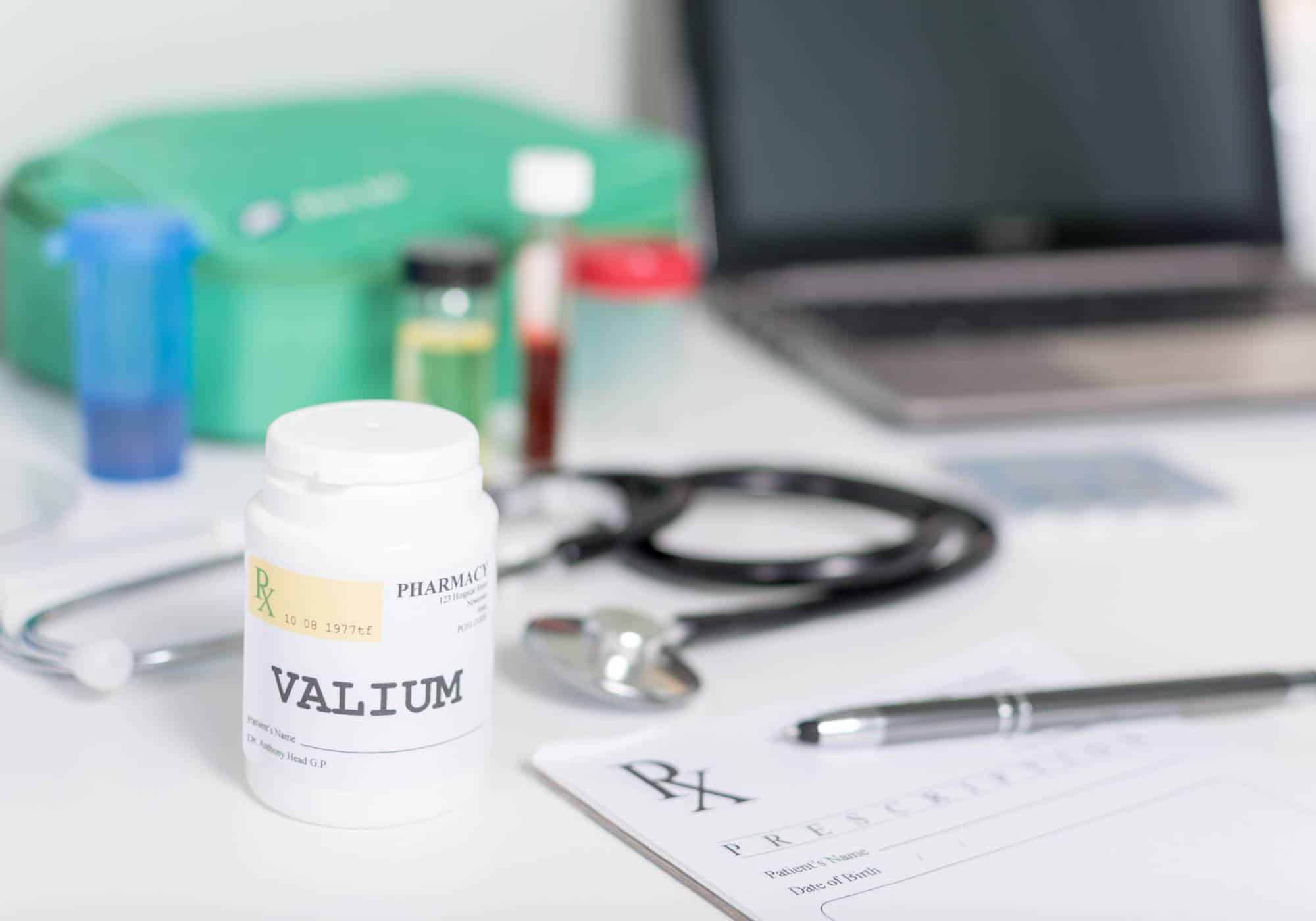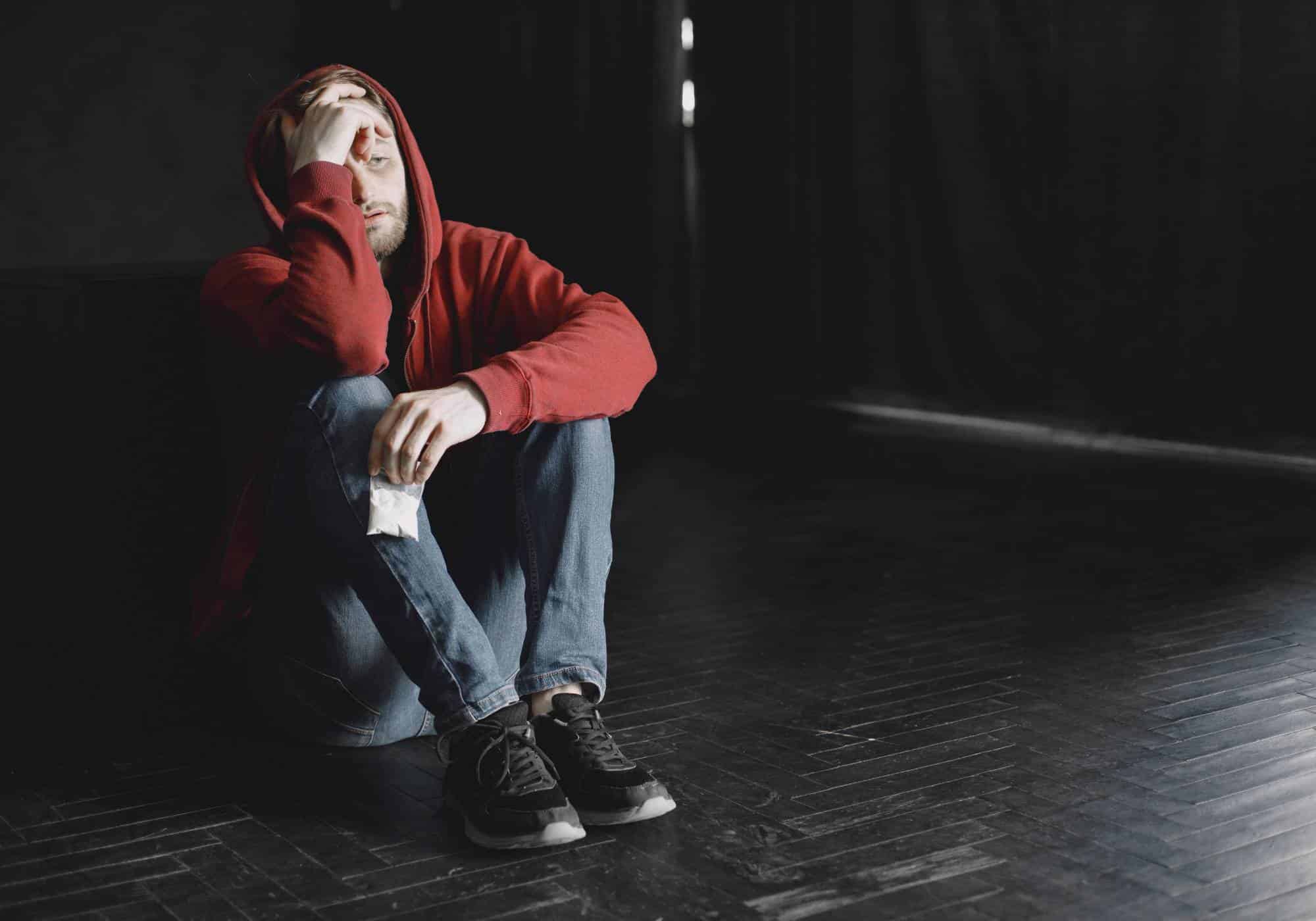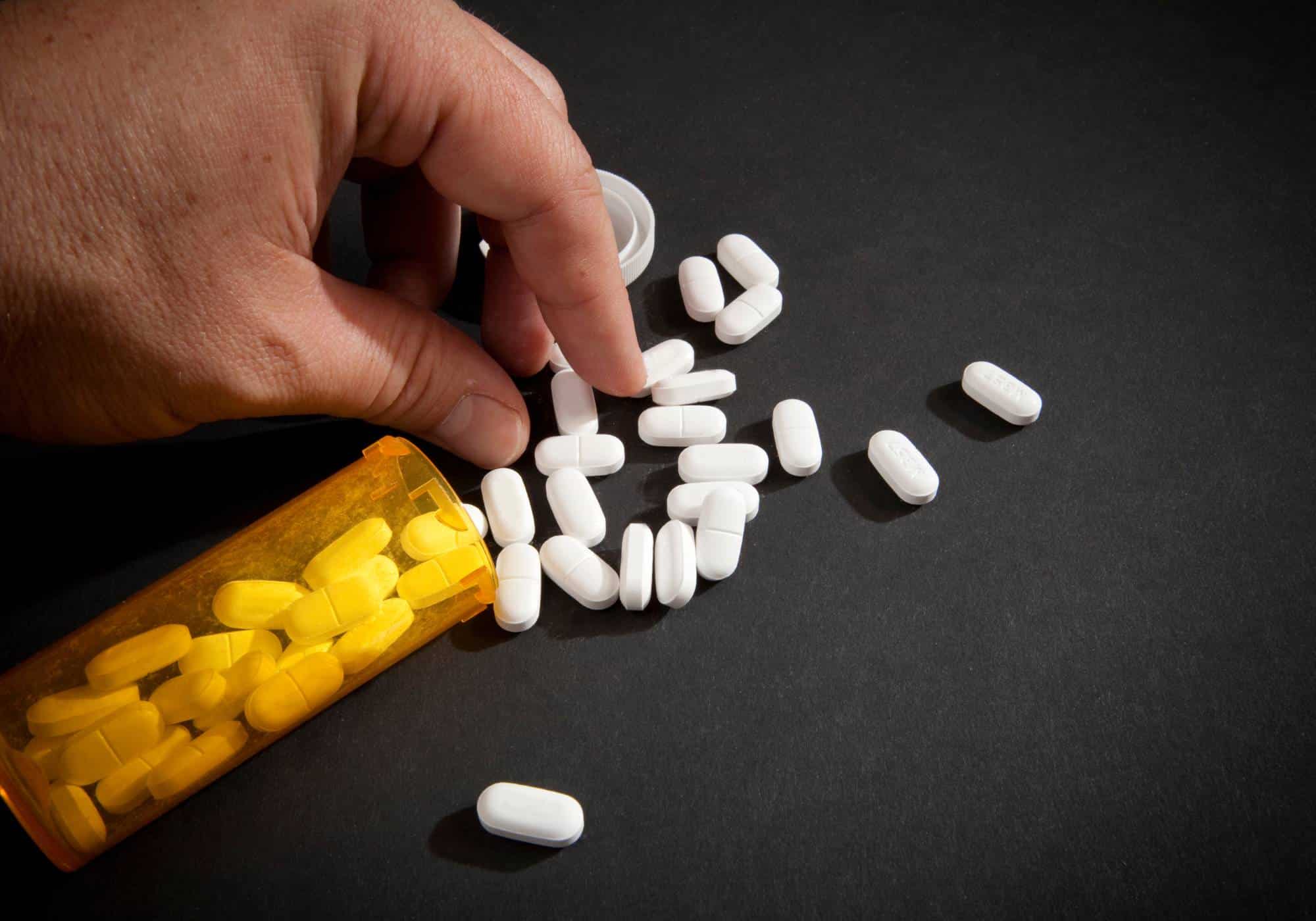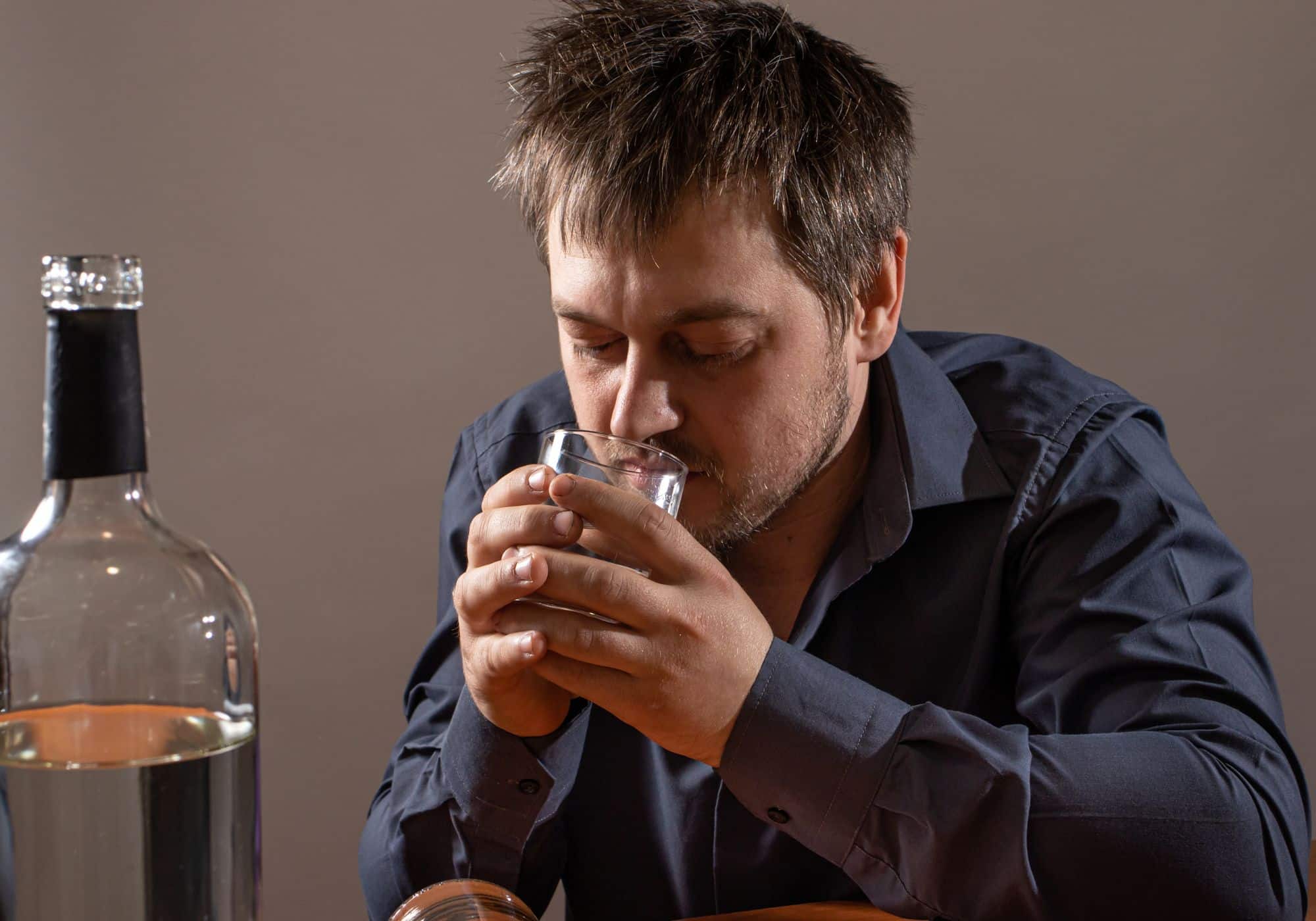You might have accepted your drug addiction and realized how problematic your drug abuse is. Therefore, now you would probably want to quit your addiction. However, there are strong chances that you will fail on your first attempt. Remember, quitting addiction is not fun and games; it can be challenging when those withdrawal symptoms show up. Eventually, you may wonder, “Why is it so challenging to quit an addiction?”
Below, we have talked about why quitting addiction is so difficult and how to quit it!
Why is quitting so hard?
Addiction alters your brain; therefore, you may experience cravings and impulsivity, making quitting addiction extremely difficult. However, if you enroll in an addiction treatment center in Georgia, you can easily overcome substance abuse and its negative consequences. Therefore, search the internet for‘ drug and alcohol rehab near me’ and shortlist the most reliable ones.
Understanding tolerance
Tolerance and withdrawal significantly contribute to addiction and make it challenging to quit.
Tolerance is a psychological and physical process. The more you consume the substance, the less sensitive you become to it and the more you need to get ‘high.’
Some drugs, like alcohol and opiates, some drugs act on specific brain parts, developing physical tolerance.
Withdrawal symptoms
When you stop consuming a substance you are addicted to, you will most likely experience withdrawal symptoms. And, when you will use the substance again, you will be relieved from these symptoms temporarily. However, with determination and willpower, they will go away over time after you quit.
Some common withdrawal symptoms include:
- Feeling unwell
- Nausea
- Appetite changes
- Shaking
- Muscle aches
- Stomach upset
- Anxiety
- Irritability
- Depression
- Sleeping difficulties
- Craving
- Mood changes
Remember, dealing with these withdrawal symptoms can be complicated and dangerous. Therefore, it is best to stay under medical supervision in an addiction treatment center to deal with them better.
Challenges when quitting
At some point, your addiction can become too harmful and lead to conflicts and a unbalance in your life. Eventually, you will fall into addiction to cope with stress. Therefore, you should develop other coping mechanisms before quitting your addiction; otherwise, you will likely experience cravings again.
How to overcome addiction?
You will have to decide to quit, plan how to go about it, deal with the withdrawal symptoms and avoid relapse. Some effective strategies for quitting addiction include:
- Prepare to quit: Think of what you have to do to quit your addiction. You may have to look for social support and eliminate triggers.
- Consider medications: Some medications can help you safely quit your drugs or alcohol addiction. Talk to your doctor about them.
- Consider your environment: Eliminate everything that may remind you of your addiction or result in cravings. You may have to change your routines, avoid hanging out with specific people, or change your social life altogether.
- Find distractions: If you stay busy, you will be able to distract yourself from cravings. Go for a walk, watch a movie, or call a friend.
- Get support: Share your plan with the people closest to you and ask them for support. Knowing that you have people willing to help you will encourage you when you face difficulties.
About Hope Harbor Wellness/Atlanta IOP
You must have clearly understood why quitting addiction is so challenging and how you can actually quit it. At Hope Harbor Wellness, we offer the best addiction treatment in Georgia and help our clients experience life without substance use disorders. Our clients choose us for our proven treatment methods and high-quality, compassionate care. We offer an intensive outpatient program, a partial hospitalization program, and outpatient programs to fit the needs of different patients.
Contact us at (770) 573-9546, email [email protected], or fill out our contact form.












